Mixed Marriage: In the Code of Canons of the Eastern Churches and the Particular Law of the Syro-Malabar Church
This study of the canons on Mixed Marriage was inspried by several questions. contained in the CCEO and the Code of Particular Law of the Syro-Malabar Church. The principal question that stands out is What is the rationale underlying the legislation presented in the CCEO and in the particular legislation of the Syro-Malabar Chruch on mixed marriage? In other words, what values do these legislations on mixed marrige intend to promote and safeguard? This study concentrates only on the mixed marriage in a restricted sense, i.e., a marriage between a Catholic and a baptized person who is not in full communion with the Catholic Chruch. The work has two principal dimensions, namely, juridical and pastoral. The juridical aspect focuses primarily on the legislative norms governing the canonical from of marriage as found in Eastern Churches' legislation. Although the norms on mixed marriage analyzed are mainly of the Eastern Code, yet references are made to the parallel canons in the Latin Code. The pastoral aspect comprises mainly of practical inquiry. Different concrete or existential problems faced by those contracting mixed marriages are examined and concrete approaches are indicated, which are more likely to respond effectively to the pastoral care of those contemplating mixed marriage and their families.
Get it now and save 10%
BECOME A MEMBER
-
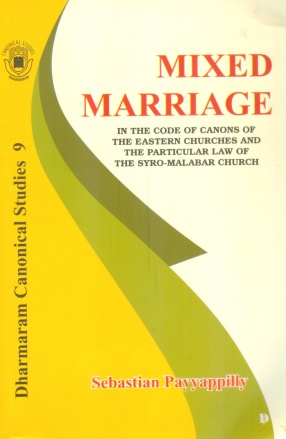
Mixed Marriage: In the Code of Canons of the Eastern Churches and the Particular Law of the Syro-Malabar Church
-
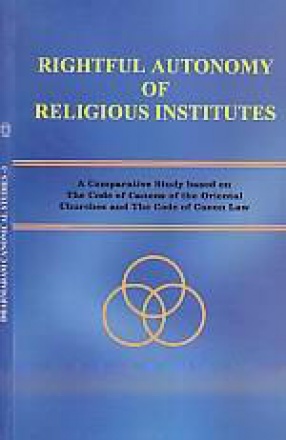
Rightful Autonomy of Religious Institutes: A Comparative Study Based on the Code of Canons of the Oriental Churches and the Code of Canon Law
-
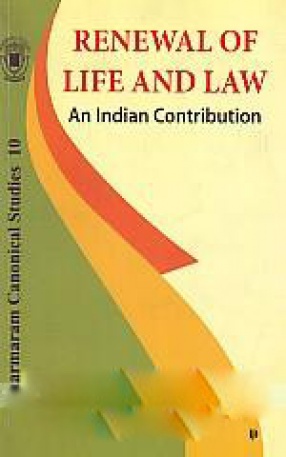
Renewal of Life and Law: An Indian Contribution
-
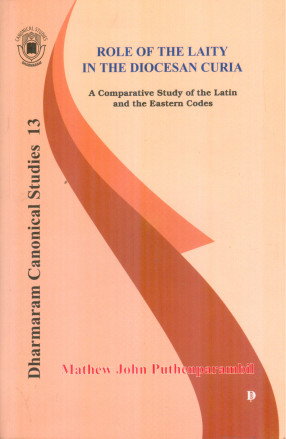
Role of the Laity in the Diocesan Curia: A Comparative Study of the Latin and the Eastern Codes

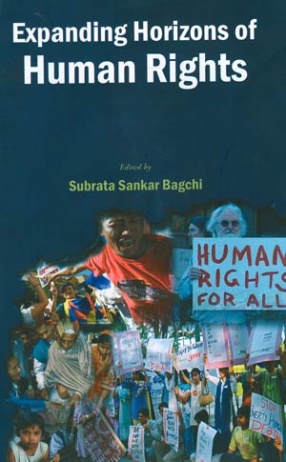
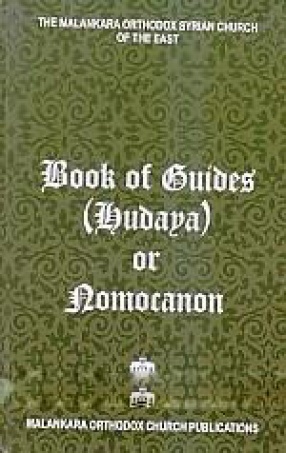
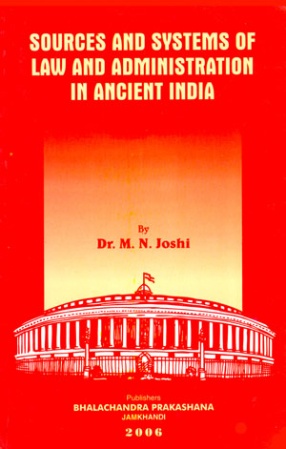
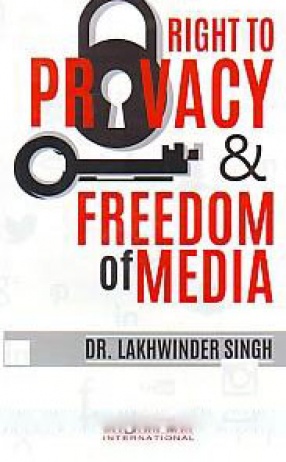

Bibliographic information